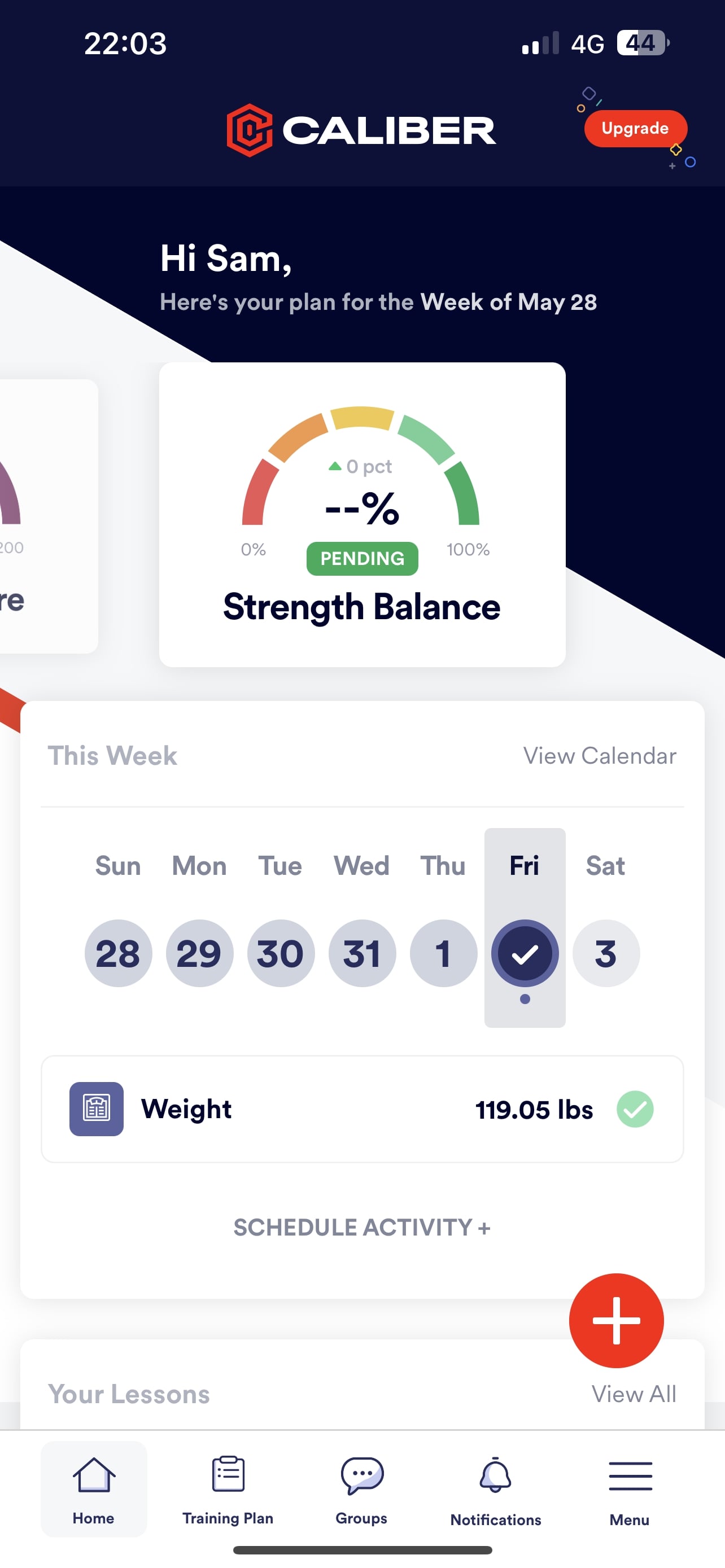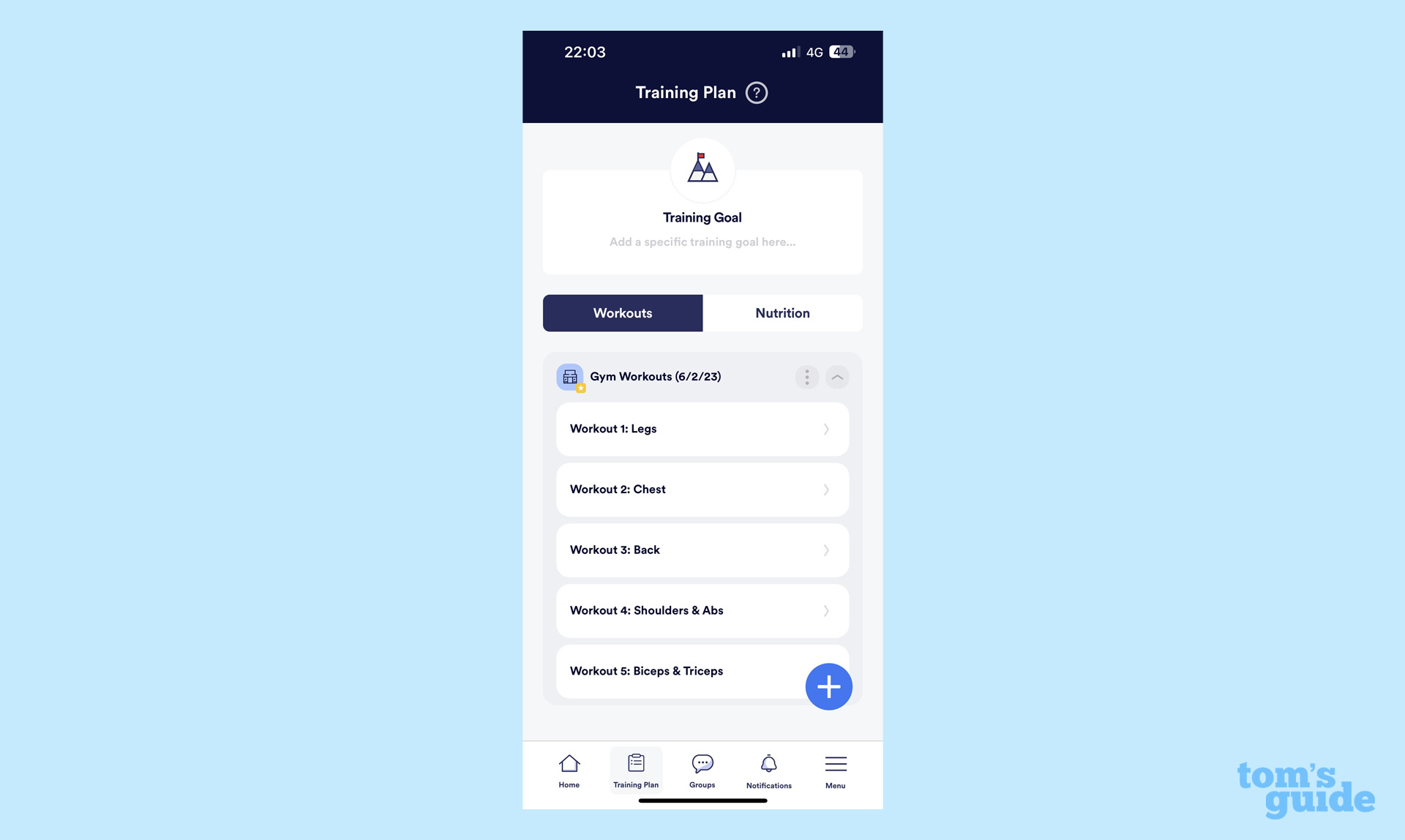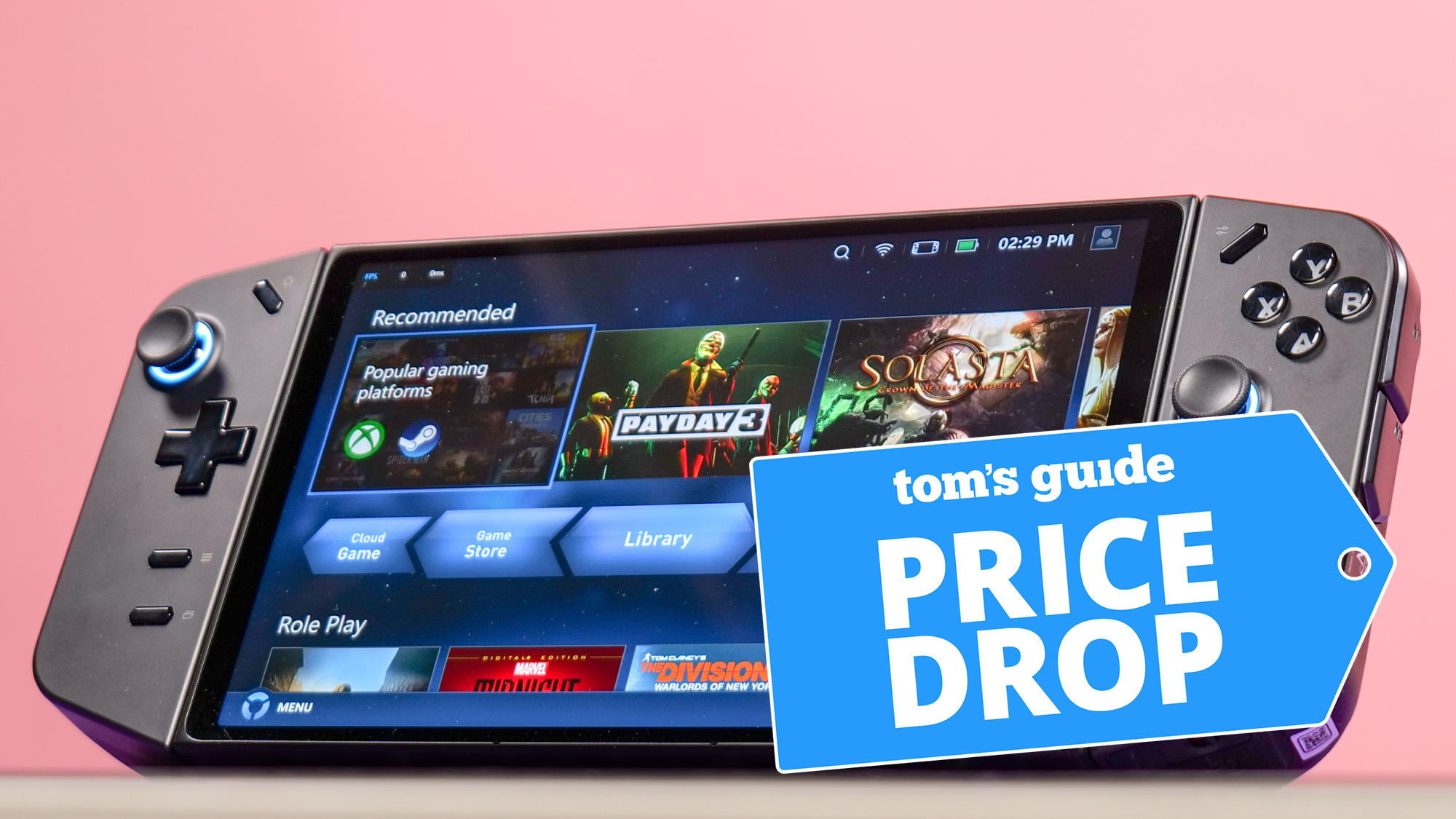
We’ve seen an alarming rise in the number of people turning to ChatGPT for workout plans, diet tips and fitness regimes since the birth of AI. But could the Caliber app, which lets you text your personal trainer at any hour of the day, kick the bots to the curb?
According to the CDC, 77% of Americans don’t meet the minimum guidelines for exercise, and 40% suffer from diseases preventable through diet and exercise. The virtual fitness app Caliber habituates exercise and healthy eating using three techniques: knowledge (evidence-based programming), accountability (expert human coaching) and motivation (gamified social experiences) — and not a bot in sight, thankfully.
According to Caliber’s team, the human experience delivered through the app drives its success. So, could it battle the AI bots? We delved in to learn more. Read on for the lowdown on Caliber.
What is the Caliber workout app?
Founded in 2017 by fitness and nutrition experts (including former Blue Apron CMO Jared Cluff), Caliber is a personal wellness app available on iOS, Android and the web. There are several membership options: the free program provides a scientifically-based training regimen that tracks activity, and paid memberships gives you Premium Coaching access for $7 a day or Caliber Pro, which starts at $19 per month.
Pro membership gives you access to coach-designed programs around goals such as building strength, fat loss or bodyweight training, and you get full access to a four-person team of Caliber coaches via text and video messages in a group chat. If you struggle to motivate yourself or are unsure if your form is correct during an exercise, just message your coaches.
But before you balk at the price, that sits within a standard price bracket for the fitness industry, and you’d be hard-pressed to find a personal trainer who charges less than $50 per one-hour session.

According to Caliber’s data, users complete an average of 10 workouts per month versus 17 for coaching members, and the average Caliber member achieves at least 20% improvement in body composition within just three months.
Sign up to get the BEST of Tom's Guide direct to your inbox.
Get instant access to breaking news, the hottest reviews, great deals and helpful tips.
Whichever option you choose, the Caliber Method helps its users harness continuous progression versus the come-and-go fitness fads and cookie-cutter ChatGPT workout plans. Yep, I asked ChatGPT to design me a four-week workout program, and it was average at best.
Forget ChatGPT — this workout app lets you text your personal trainer 24/7. Here’s our verdict.
I hit download and explored what Caliber has to offer. Here’s what I found.
Usability
Upon sign-up, Caliber asked my age, weight and height and whether I wanted to sync with Apple Health. Once my profile was complete, I could explore various social groups, invite mates to workout plans and schedule workout sessions of my own design — or ask Caliber to create one for me. And it did this very well.
Each workout can be quickly logged in the app, allowing you to measure progress and track sets, reps and weights. However, it’s primarily geared toward weightlifting and lacks versatility. If you don’t lift weights at home or use strength programs in the gym, this app might not be for you.
Features
As mentioned, this is predominantly a strength training app geared towards gym programs and home training. Within that remit, you’ve got plenty of options. The app provides a questionnaire to discover training habits, how often you train, what you like to do, experience levels, lifestyle, eating habits and gym or home gym equipment available.
Using Pro, your dedicated coach will create a personalized plan. However, you can’t log group classes such as the best CrossFit workouts or other scheduled class activities (and that’s unlikely to change any time soon, the Caliber team tells me).

The strength/balance function allows you to see how balanced you are across the major muscle groups and any areas that might be over or under-developed, helping you to program workouts more effectively. Your strength score then assesses overall strength and sits in one of five categories from beginner to elite.
But the big sell of this workout app is access to human personal trainers. You might find it easy to ask ChatGPT to design a workout plan, but what about texting your trainer? Workout apps like Caliber are rare, giving you full access to trainers at your fingertips. So, if you’re unsure if your deadlift needs work, you don’t need to Google the answers. And that human touch drives over 200,000 users to the Caliber community.
Verdict
Although you’ll need to pay for the privilege, your coach creates a flexible and personalized training plan around your goals alongside nutritional guidance and science-based habit coaching. You’ll receive a new plan every week with daily check-ins and visually measurable results recorded in the app.
The team explains that Caliber members make 34% faster progress with the app than with training alone, and the flexible advice helps you learn sustainable new habits within an achievable framework. Once you’ve completed each activity, simply share performance metrics with your trainer and plan your next steps.
Who needs ChatGPT?
More from Tom's Guide

Sam Hopes is a level 3 qualified trainer, level 2 reiki practitioner and senior fitness writer at Tom's Guide. She is also currently undertaking her Yoga For Athletes training course. Sam has written for various fitness brands and websites over the years and has experience across brands at Future such as Live Science, Fit&Well, Coach, and T3.
Having worked with fitness studios like F45 and Virgin Active, Sam now primarily teaches outdoor bootcamps, bodyweight, calisthenics and kettlebells. She also coaches mobility and stretching-focused classes several times a week and believes that true strength comes from a holistic approach to training your body.
Sam has completed two mixed doubles Hyrox competitions in London and the Netherlands and finished her first doubles attempt in 1:11.
